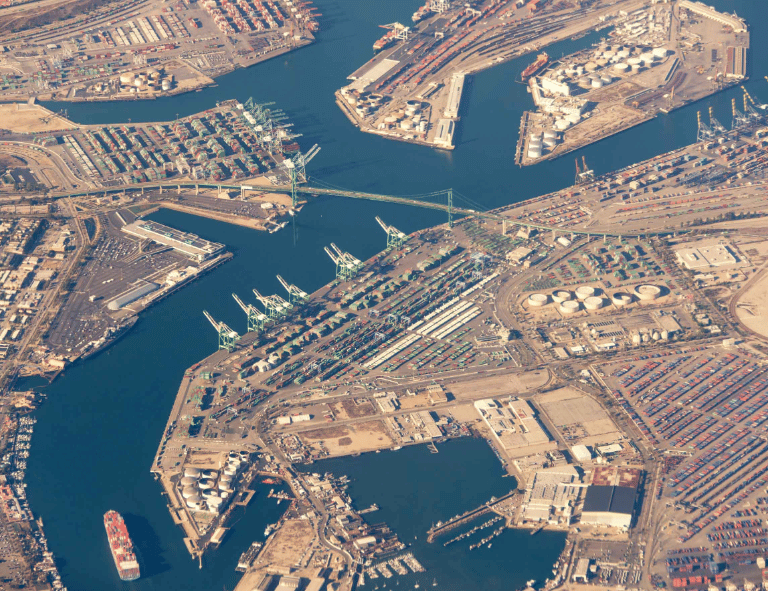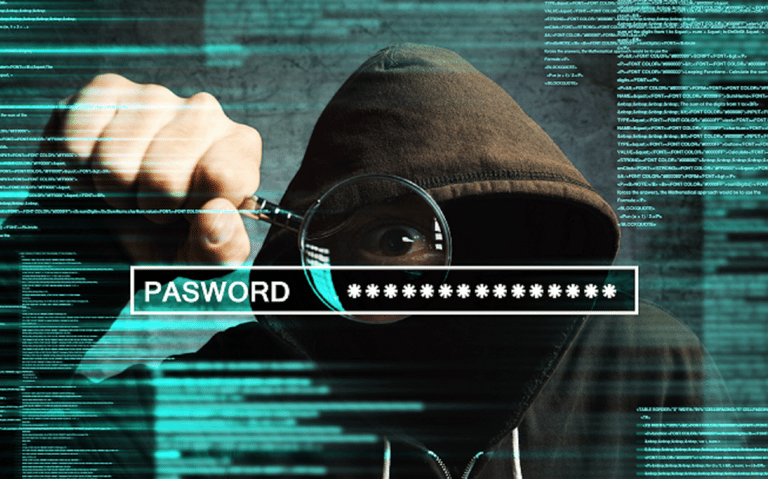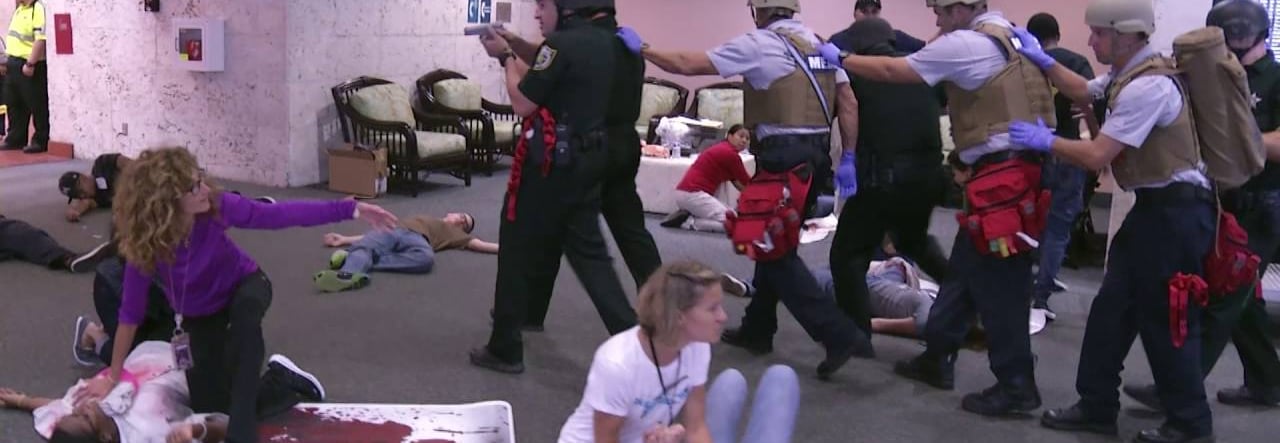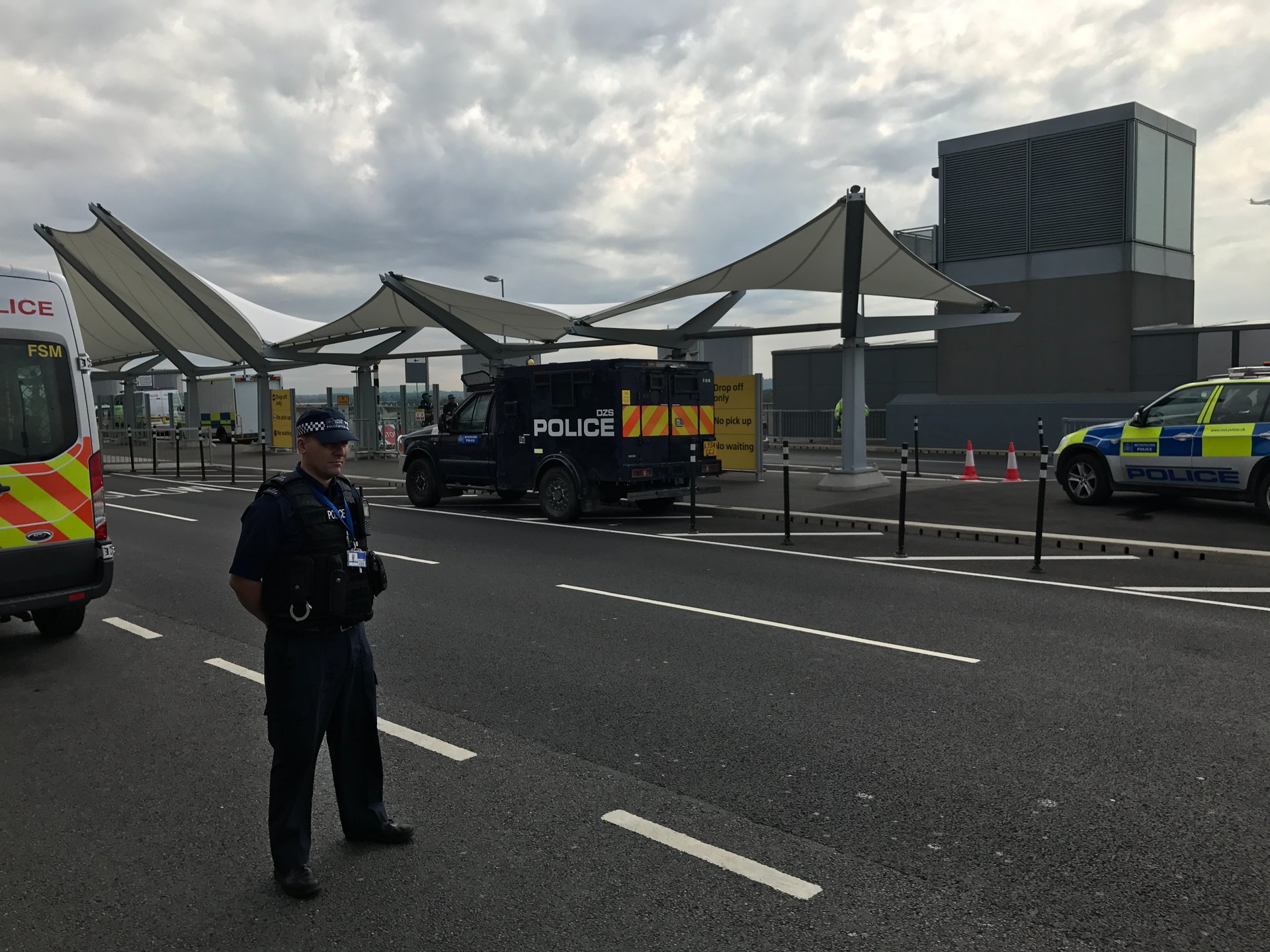
Security Culture
PREVENT PROTECT PREPARE PURSUE
A key element of addressing today’s threat environment is emulating practices that have had success.
“Lessons Learned – Evidence-Based – Effective Collaboration”
Security culture is a key element of addressing today’s threat environment by emulating practices that have had success. It is important to incorporate a holistic plan that spans the authority's requirements, must be driven from the top with accountability and responsibility, will be effective operationally, and can be supported financially. Keeping a safe and secure environment for the traveling public and supply chain with a program that directly affects terrorism and other criminal activity and includes an inclusive approach to crisis management is essential. We recognize this is a broad and complex concept. Policing security deterrence and enforcement activity is only one aspect of successful prevention.
We strive to assist our authorities to meet the challenges of today through practises, evaluation, and training. As part of this process, the multiple jurisdictions work together on operational issues, the security community, and global public safety benefits.
PREVENT
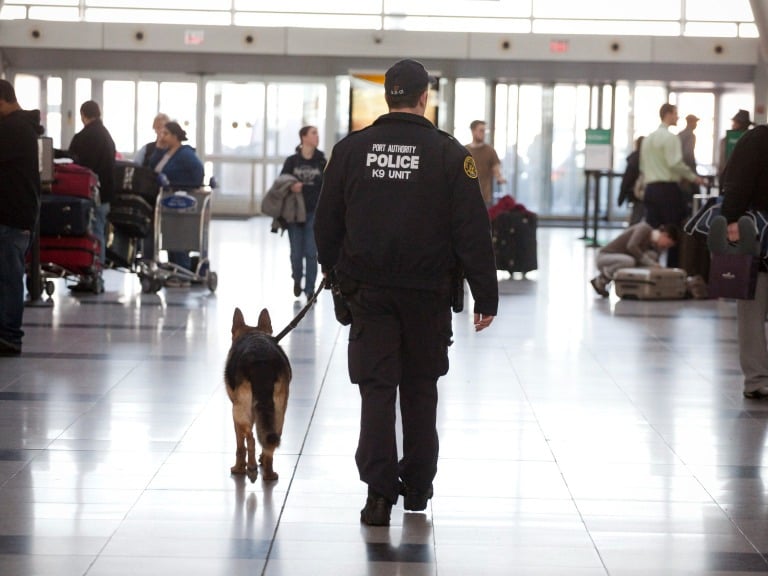

Being prepared through prevention is the first line of defence. A holistic security strategy for a Port Protective Security Management System should fit across the domain and be integrated through the entire security system. Regardless of the critical infrastructure environment, the threat must be deemed essential. Police, security, and emergency management authorities must always be prepared. Evidence-based prevention, protection, and preparedness practices to mitigate the threat of terrorism, other serious crimes, and catastrophic events are essential. Additionally, this needs to go beyond security personnel and include all staff to enhance their skills and knowledge in handling different scenarios and emergencies.
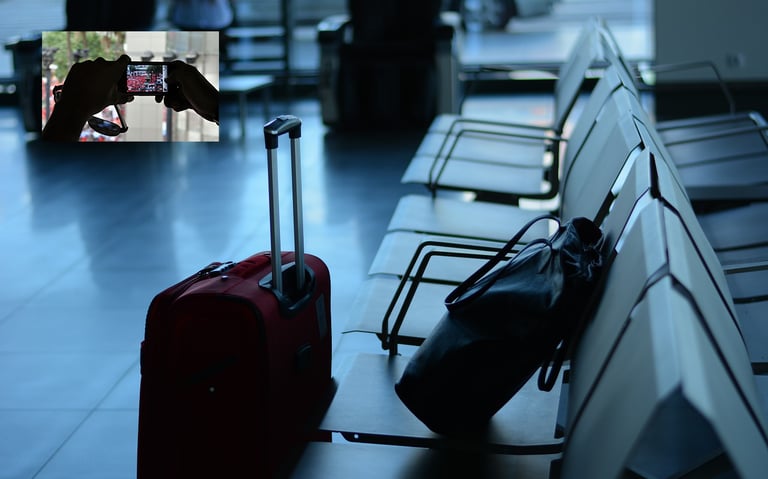

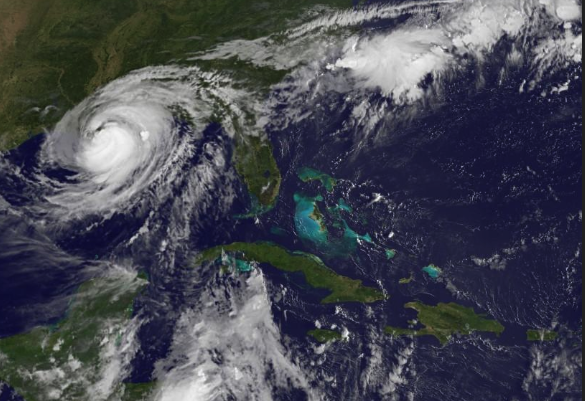

The forethought of what could happen and mitigation practices are essential. Adequate training is necessary, understanding scenarios that could play out based on lessons learned facts. These practises, such as SeeSayAct may seem simple, but well prevented. Prevention means visibility of force but through public contact, good signage, and ensuring comfortable and safe environments. Although this may seem obvious, history has shown that similar occurrences and studies learned from previous incidents have not been implemented when considering such preparedness. Prevention is not just physical, it's weather, and cyber. Thinking outside the box and planning for each type of occurrence is essential, and practiced


Pursuing an active shooter or criminal requires a coordinated and swift response from law enforcement. In situations where innocent lives are at stake, it is imperative that professionals trained in handling such threats engage with utmost diligence and expertise. These individuals must possess the necessary tactical skills and knowledge to neutralize the threat and ensure the safety of the public. They must navigate complex and high-pressure environments while maintaining clear communication and teamwork. Time is of the essence and every second counts in tracking down and apprehending these dangerous individuals.
